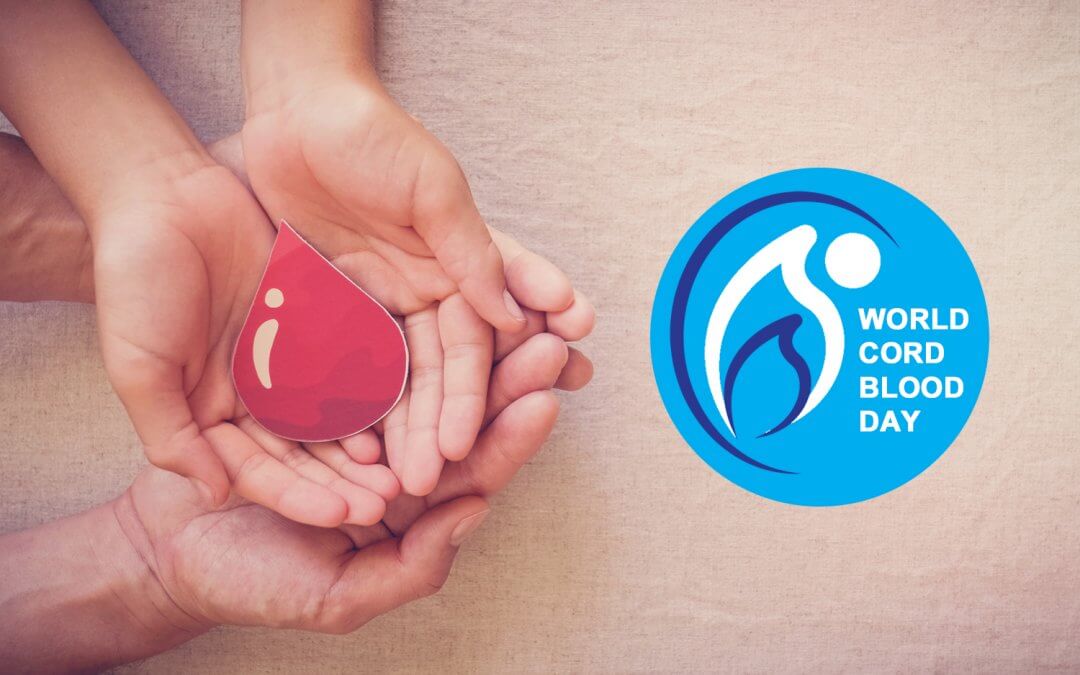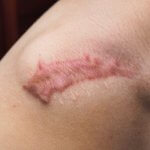Today is World Cord Blood Day! A lot of progress has been made since the very first cord blood transplant was performed in 1988, 37 years ago. Since then, over 60,000 cord blood transplants have been performed worldwide, and donor cord blood stem cells, such as from a sibling, have become the accepted treatment for over 80 illnesses and conditions, ranging from Fanconi anaemia to Krabbe disease, from SCID to leukaemia, and more.
What’s more, thousands of clinical trials all over the world are investigating the potential of cord blood stem cells to treat conditions which are currently incurable, including cerebral palsy, heart failure, spinal cord injuries and Crohn’s disease, to name but a few.
Despite this, cord blood and other perinatal sources of powerful stem cells, including the cord tissue and the placenta, are still frequently discarded after birth. Thus, World Cord Blood Day was created to highlight cord blood’s therapeutic potential and encourage more families to preserve it for the future.
Cord blood news
Research in the regenerative medicine field continues to advance our knowledge of what’s possible using cord blood. In case you’ve missed them, here are some news articles from the past year:
- Early trials in mice have found that a combination therapy involving umbilical cord stem cells and electrical stimulation may be key to treating spinal cord injuries.
- An Australian toddler is in remission from a dangerous form of leukaemia following a transplant of his baby sister’s cord blood.
- A leukaemia treatment derived from umbilical cord blood has gained FDA approval to begin clinical trials.
- A treatment based on umbilical cord blood stem cells, available in Korea, has been found to offer superior results for the treatment of osteoarthritis.
- A novel therapy for lymphoma that is highly resistant to treatment, based on umbilical cord blood cells, published positive results.
- Evidence from a review of clinical trials shows cord blood therapy has potential to be effective in treating cerebral palsy, improving motor skills.
- A six year old girl became the first child in Australia to receive her own cord blood as treatment for cerebral palsy under a single-approval, compassionate use pathway.
Banking your baby’s cord blood
Both public and private banks are an option if you want to save your baby’s cord blood rather than having it discarded.
If you choose a public bank, you are donating your baby’s cord blood. This means that it will be available for use to anyone who might need it. The NHS accepts cord blood donations if you are giving birth at one of three hospitals; the Anthony Nolan charity can collect cord blood donations from five more.
As an alternative, you can choose private cord blood banking. When you do this, your baby’s cord blood stem cells will be stored and reserved solely for your family’s use, ready and waiting should your baby, or another family member, ever need them, provided the sample is suitable for the required treatment and yields a sufficient cell count. In addition to being a perfect genetic match for your baby, they also have a 25% chance of being a perfect match for a sibling, and a 50% chance of being a partial match. They are also guaranteed to be a partial match for parents.
At Cells4Life, we offer a range of services aimed at providing the maximum possible benefit to families who choose to store their baby’s precious stem cells with us. Our CellsPlus service retains up to 2.2 times more viable stem cells than our standard service, Cells, which uses the AXP processing technology which is also trusted by the NHS. CellsPlus can be successfully applied to as little as 15ml of cord blood, which may be all that is left in the placenta and cord after delayed or optimal cord clamping. We also offer cord tissue, placenta and amnion banking.
To learn more about the potential of cord blood and why most UK parents choose to store their baby’s precious cord blood with us, fill in the form below to request your free welcome pack.
FIND OUT MORE, REQUEST YOUR WELCOME PACK TODAY
All you need to know to make an informed decision.
Provide your contact details to request:
– Complete Welcome Pack and Parent’s Guide
– Information via email
– Contact from our specialist advisors








